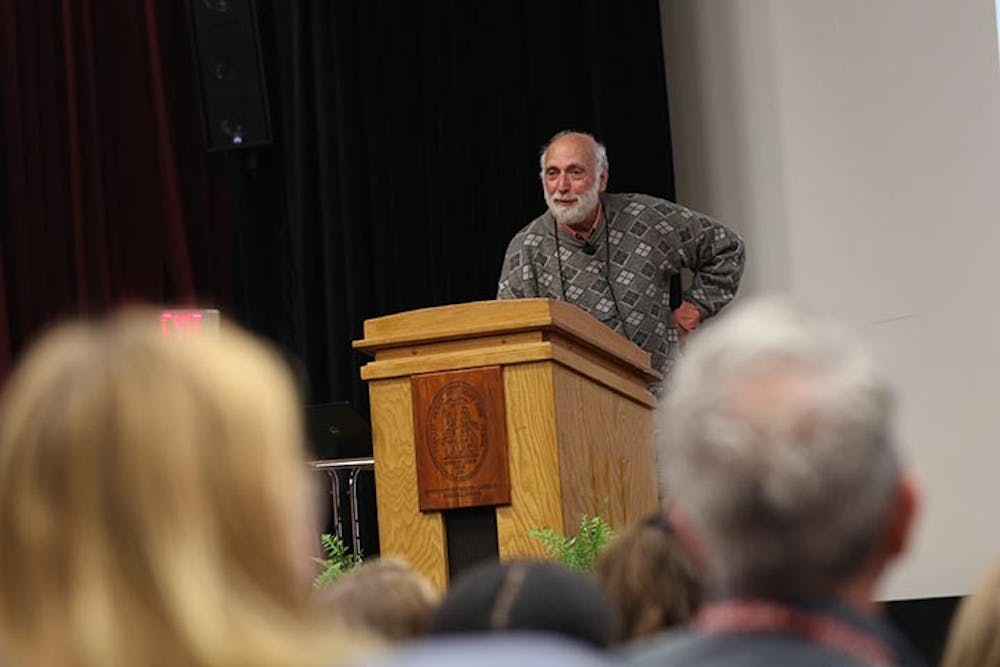As the global outbreak of the coronavirus (COVID-19) continues to spread across the world, Student Health Services and medical professionals address the coronavirus' implications and the preemptive plan the university has put in place.
At a presentation on March 2, Dr. Eric Brenner who is an adjunct professor in the Arnold School of Public Health and a medical epidemiologist, Deborah Beck, the executive director of Student Health Services, and Dr. Judith Chontos-Komorowski, medical director of Student Health Services, led a lecture and question-answer presentation surrounding the coronavirus.
Currently, no cases of coronavirus have been reported in South Carolina; however, according to Chontos-Komorowski, the university is taking proactive steps to ensure students are screened if they have any risk of being infected.
Chontos-Komorowski said there is an updated protocol for appointments at the Student Health Center.
“We have added travel questionnaires when patients are either booking an appointment, or when they come in for an appointment, to ask them if they have traveled to an area of concern or if they've had a contact to a person who's being investigated,” Chontos-Komorowski said.
Beck said the repercussions of an outbreak on campus could vary in how it affects campus life.
“It could be from — anywhere from having, sort of, a heavy flu season, where students are about on campus, and it could be to the point where we may have to have quarantine,” Beck said.
Shutting down the university would be a worst-case scenario and not the main focus of the emergency management team. As of now, the Student Health Center is urging students to wash their hands and to stay informed on the news as the disease progresses.
Brenner gave attendees a brief history of infectious diseases and context for the media coverage that coronavirus has received.
According to Brenner, because many coronaviruses are recognized by the medical world, the newest coronavirus, which has spread to 76 countries and territories since its discovery in 2019, is called COVID-19.
“[COVID-19] is just one virus in the coronavirus family, and it's not as if it's a new family. We've had other members of the coronavirus family, also,” Brenner said.
Brenner compared this outbreak to the severe acute respiratory syndrome (SARS) epidemic in 2003. He said the two respiratory diseases are similar in their make-up, and both received mass amounts of news coverage. SARS was under control just months after its discovery, even with symptoms more severe than coronavirus.
“If SARS, a previous coronavirus that came from bats and then animals to people in China, and it was spreading around the world, stopped by summer, could this happen again this time, too?” Brenner said. "It could."
Brenner said media coverage exaggerated and fabricated danger associated with diseases such as coronavirus and SARS and created an "info-demic."
“Not just an epidemic, an info-demic of falsehoods on the internet, such as ‘this is a man-made virus,’" Brenner said. "All kinds of nonsense on social media here.”
Correction on March 3 at 11:18 a.m.: A previous version of this article incorrectly stated Dr. Judith Chontos-Komorowski's position. She is the medical director of Student Health Services and practices in the Magnolia Care Team.

